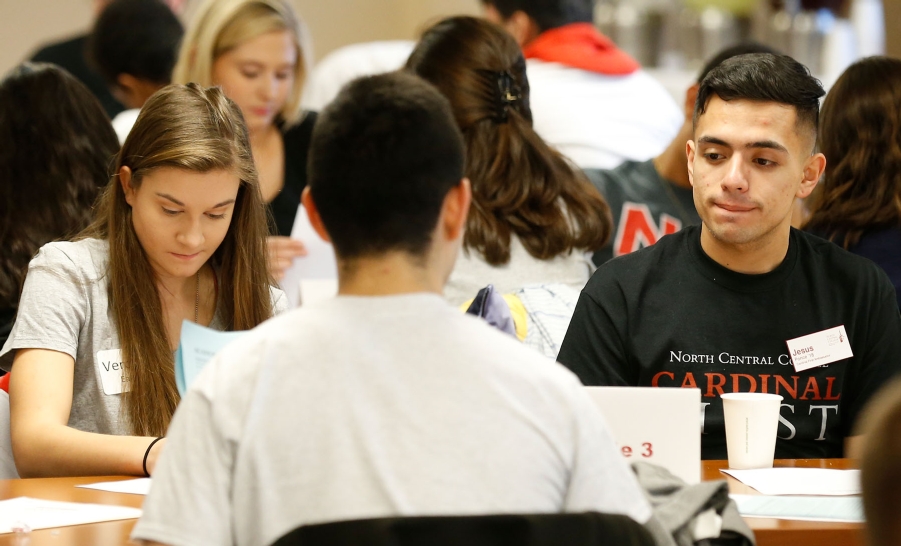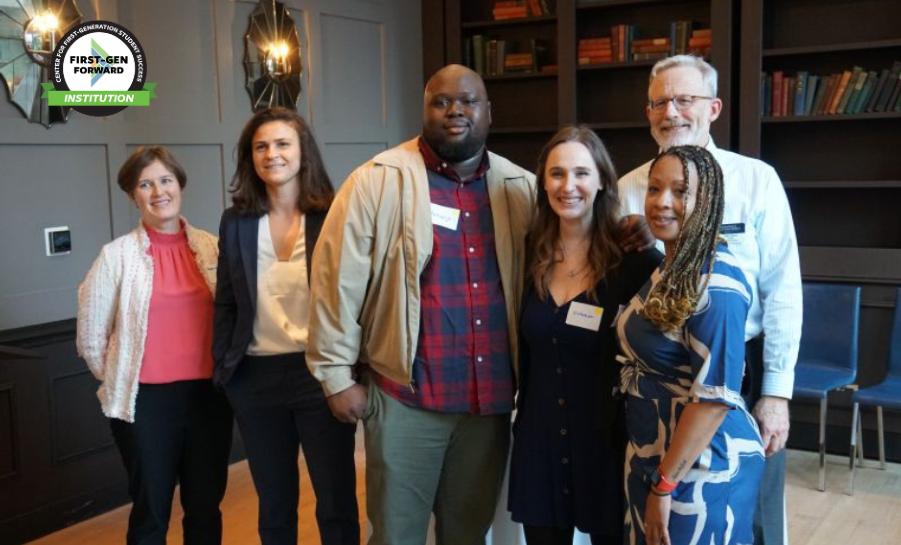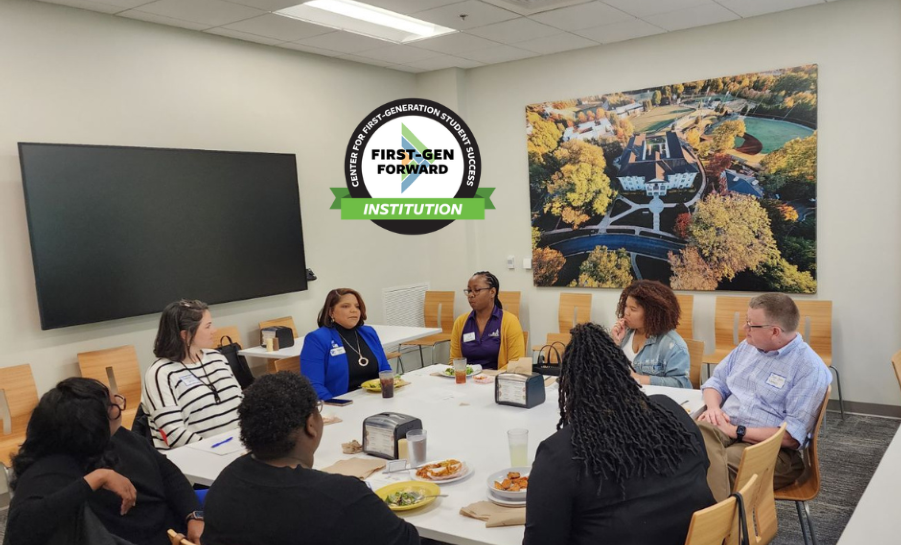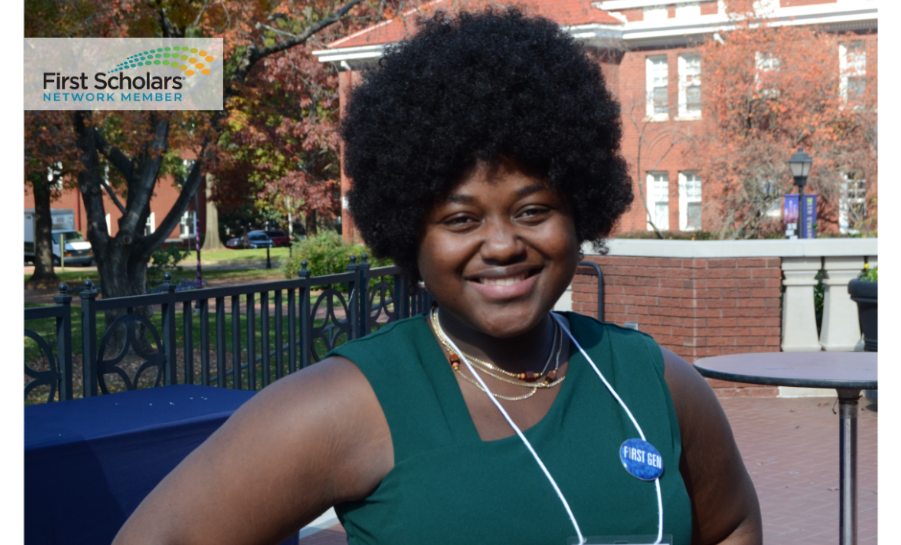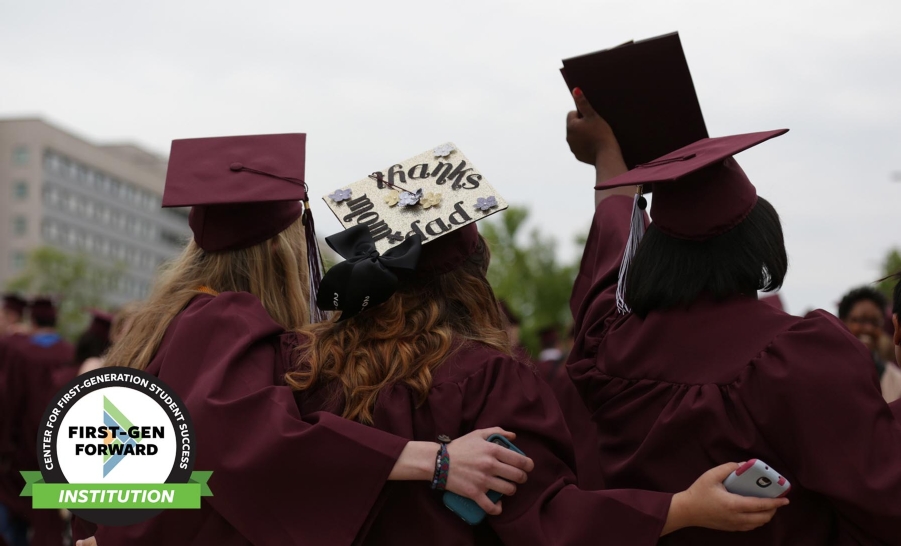Faculty Reflections: A first-generation college student experience
T. Mark Montoya Ph.D., Northern Arizona University / / February 20, 2018

During his first semester in college, Mark was to meet with his major advisor—a graying history professor with thick sideburns, bifocals worn low upon his nose, and an assorted collection of brown sport coats with elbow patches. On the morning of his open advisement, Mark repeatedly went to the professor’s office, knocking on the door about six different times. As a first-generation college student, Mark had assumed that college professors worked a typical 8am to 5pm job, not taking into account the professor’s teaching, research, and service obligations—and certainly not really knowing what office hours meant. Frustrated, Mark went into the department office and asked about the whereabouts of the learned professor. A very kind and patient woman explained to him the concept of office hours. Figuring that Mark was eager to get his advising paperwork signed, she said to him, “You can talk to the Department Chair.” Confused, Mark replied, “But I’d like to talk to a person.” Mark is now a college professor, hoping to help other faculty understand the myriad issues first-generation college students experience. Many are not aware of the needs of contemporary first-generation students, even if they were themselves first-generation. The reason for this is that many first-generation students understand their frustrations as a “normal” feature of college life. College is supposed to be difficult and confusing, right?
While college is indeed complicated and sometimes mystifying, first-generation students often start in a predicament different from students whose parents went to and graduated from college, as they do not reap the benefit of handed-down advice about resources, timelines, unwritten rules, and the like. First-generation students are essentially starting the “race” on an unequal and increasingly crowded field where the aforementioned lack of social and cultural capital adds additional hurdles. Research has shown that we must proactively address the specific needs of first-generation students in order to cultivate these students' successes. Beyond the classroom and beyond the underutilized federal programs, first-generation students need one-on-one mentoring and advising—guidance in navigating the university.
How first-generation students perform once they get to the university is of utmost importance. This is especially true from a moral standpoint—if institutions raise students’ hopes by admitting them, then they should also provide accessible tools to support students’ success on campus. First-generation students are far less likely to graduate than their non-first-generation peers. As such, both supporting and retaining first-generation students is critical not only to the University’s core values, but also to its survival. It is not enough to get a first-generation student to college, especially if we are not equipping them with the tools they need to graduate—the tools ALL students need to graduate. It may be the difference between knocking on a door for several hours and actually talking to a person. Now, if Mark could only figure out how to avoid talking to empty chairs.
